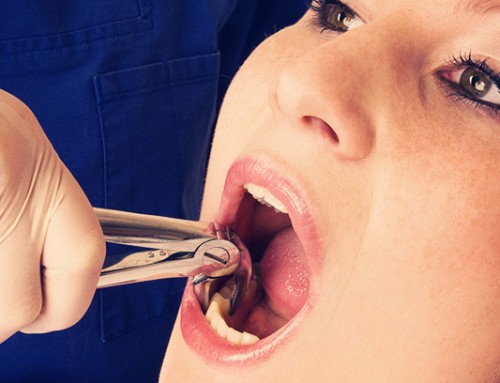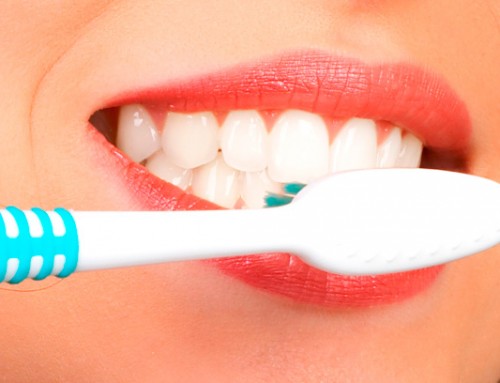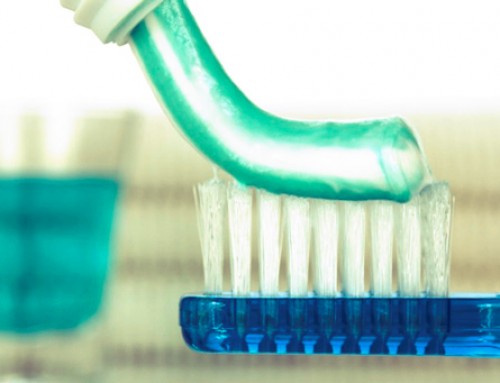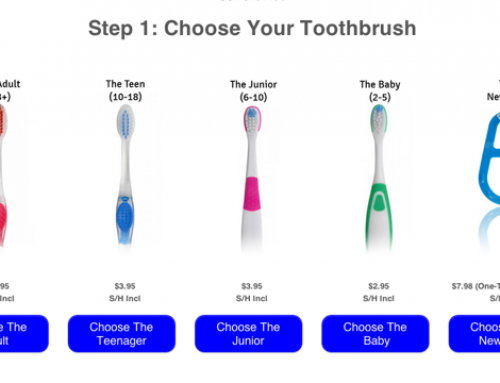We’ve all at one point or another taken a bite out of a scoop of ice cream that we immediately regretted. The end result was a jolt of pain emitted from our front teeth. This same type of effect can also be solicited from eating or drinking overly hot or cold concoctions.
Our teeth are sensitive to major swings in temperature because of the nerves inside them. When an erratic shift occurs, these nerves send a signal to our brain and eventually we end up in pain. Although for most of us this sort of thing happens once in an odd month, others experience it much more frequently. This is due to the fact that they suffer from chronic tooth sensitivity.
Tooth sensitivity can be caused by a variety of different factors. Dental procedures that involve removing or otherwise modifying the tooth structure can often increase sensitivity. For instance, those that get porcelain veneers placed often experience sensitivity for at least a few weeks after their procedure. Patients that get fillings performed may also need to change their dietary choices in the days following their procedure to avoid sensitivity.
Sometimes, poor oral hygiene can lead to overly sensitive teeth. If you’ve been letting too much plaque accumulate around your gums, they may be starting to recede and thus the underlying tooth roots may be getting increasingly exposed to variations in temperature. Attending regular dental appointments and maintaining good oral hygiene through brushing and flossing will help curb this.
Severe decay on a tooth can also cause sensitivity, since the tooth root has little healthy tooth structure protecting it. In this case, a root canal procedure may be required. During a root canal, an endodontist will drill through the tooth in order to reach the root, which will be extracted. Afterwards, the tooth will need to be capped with a dental crown or some other type of restoration.
If your dentist gives you a clean bill of dental health and you still continue to suffer from tooth sensitivity, consider using toothpastes specially formulated for sensitivity like Sensodyne. Furthermore, ask your dentist about getting a fluoride treatment. Fluoride helps curb sensitivity by remineralizing the teeth. The procedure itself is painless.
The patient is outfitted with a tray that contains fluoride for several minutes. Afterwards, they simply rinse any excess from their mouth and are ready to go. Some dentists conduct this treatment after tooth fillings and other procedures that can trigger sensitivity. If not already provided for you at your dentists office, ask about it so you can see how your teeth respond.






